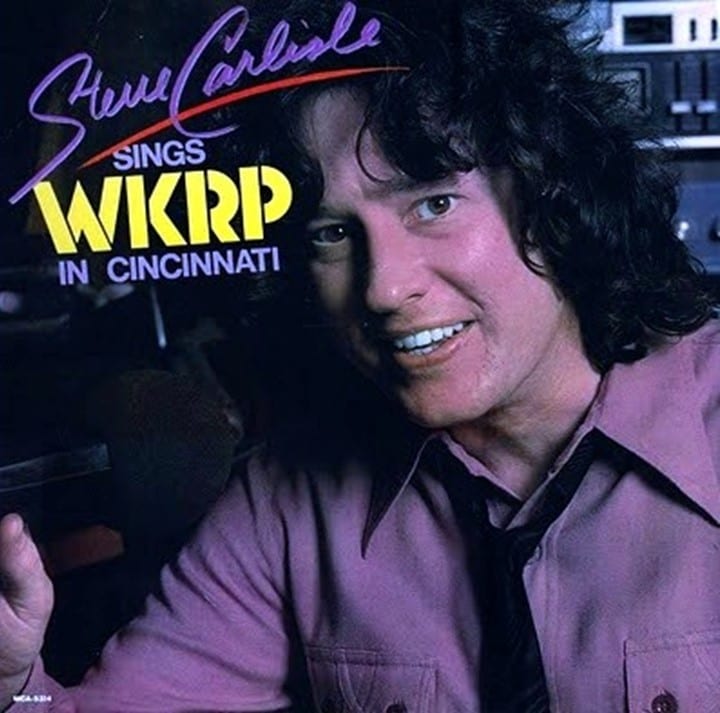| First posted 9/4/2010; updated 9/7/2020. |
For Those About to Rock We Salute You |
|
Released: November 23, 1981 Peak: 13 US, 3 UK, -- CN, 3 AU Sales (in millions): 4.0 US, -- UK, 8.0 world (includes US and UK) Genre: hard rock/heavy metal |
Tracks: (Click for codes to singles charts.)
Total Running Time: 40:10 The Players:
|
Rating: 3.500 out of 5.00 (average of 7 ratings)
Quotable: “A record Beavis and Butthead would describe as ‘cool’ – and, as usual, they’d be right.” – Andrew Mueller, Amazon.com |
About the Album: “Lesser bands might have been put off their stride by the death of their lead singer, but not AC/DC. No sooner had Bon Scott met his whiskey-sodden end in 1980 than AC/DC recruited a new singer, Brian Johnson – who sounded almost exactly like Scott – and released, in Back in Black, the biggest-selling album of their career.” AM “For Those About to Rock We Salute You is a suitably triumphant follow-up” AM with “some decent material,” SH but it also marks the point when “AC/DC’s hot streak began to draw to a close.” SH While Back in Black was infused with the energy and spirit of paying tribute to Bon Scott, it became apparent on the follow-up that the group really did miss Scott more than it initially indicated.” SH The band “slowed down the tempo frequently, sounding less aggressive and inspired.” SH “Brian Johnson’s lyrics started to seem more calculated and a bit clichéd, lacking Scott’s devil-may-care sense of humor,” SH although they did also show that his “lyrical preoccupations were broadly congruent with those of his predecessor: Let’s Get It Up and Inject the Venom are as subtle as their titles sound.” AM And, of course, no matter how you view the whole album, “the cannon-punctuated title track – the most auspicious marriage of music and artillery since Tchaikovsky’s ‘1812 Overture’ – still provides a spectacular finale to AC/DC concerts.” AM In the end, this is no Back in Black, but it “is a record Beavis and Butthead would describe as ‘cool’ – and, as usual, they’d be right.” AM |
Resources and Related Links:
|









